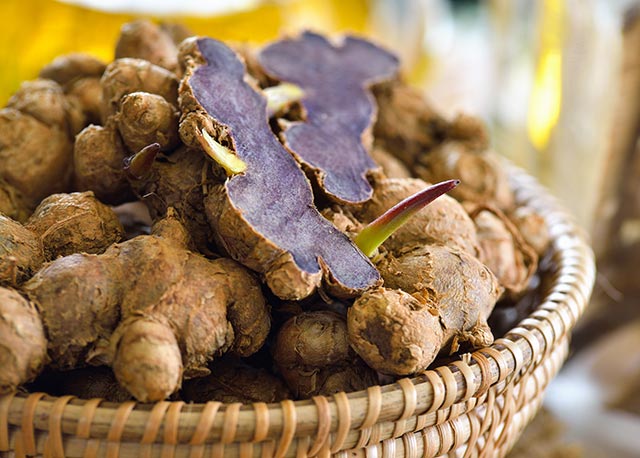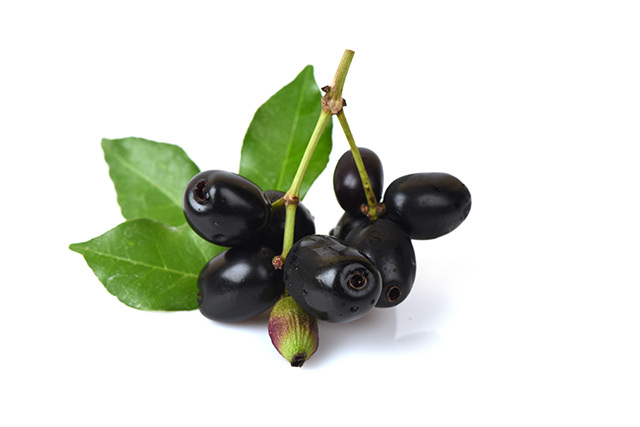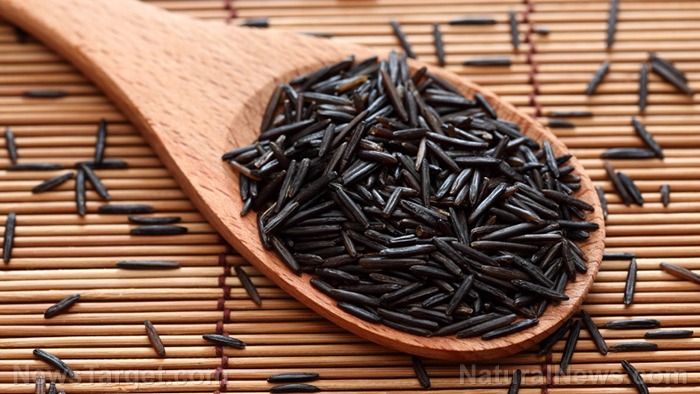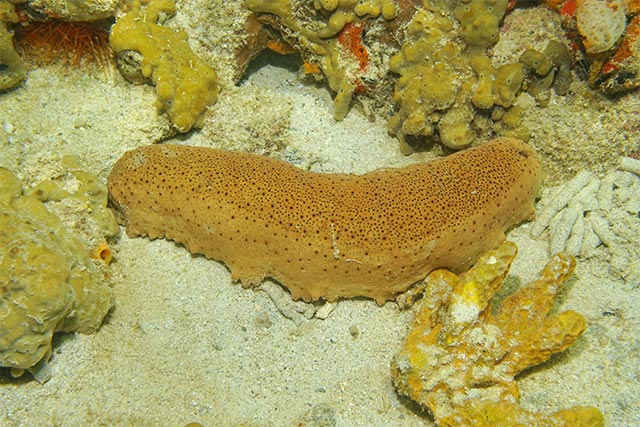Buyers, beware – These foods from China have all been proven to be contaminated
11/30/2018 / By Isabelle Z.

If you opened up your refrigerator or pantry right now, would you be able to identify where everything inside of them originated? If you’re like many people, there’s a good chance the answer to this question is no – and you could end up paying a very steep price for this ignorance.
Unfortunately, a lot of food sold throughout the world comes from China, where the standards leave a lot to be desired. In fact, the founder of a company called Inscatech that uncovers fraud and malpractice in the food industry, Mitchell Weinberg, said that while they uncover this type of fraud around 70 percent of the time overall, it’s close to 100 percent in China. Do you really want to eat anything that comes from the same country where baby formula was laced with melamine and rat meat was sold as lamb?
Here is a look at some of the foods that you should be particularly wary of if they come from China.
Fish
Water pollution is out of control in China, so it only makes sense to avoid consuming anything that once swam in its dirty waters. More than half of the tilapia and cod that are sold in the U.S. were grown on a Chinese fish farm, so it’s not uncommon to find heavy metals like lead or mercury in this fish.
Rice
The Chinese people have a reputation for loving their rice, and because so much of it is grown there, it isn’t surprising that a lot of the rice sold in North America comes from the country. That’s unfortunate because China has been exporting what’s known as a “plastic rice” that is little more than a mix of resin and potato.
Garlic
You might have heard about the health benefits of garlic, but if your garlic comes from China, it might have the opposite effect on your health as Chinese garlic has been found to be laced with methyl bromide and other pesticides. With as much as a third of the garlic sold in the U.S. originating there, you need to be vigilant to avoid this potential danger.
Apple juice
It may sound oddly specific, but Chinese apple juice was singled out by the Alternative Daily for several reasons. First, there’s the fact that the government had restricted the import of apples from China for a time, a serious step that indicates major problems. A few years ago, health officials discovered that apple juice imported from China contained antifreeze. That might no longer be a problem, but any apple that was grown in toxin-laced Chinese soil is an apple that you definitely want to avoid.
Green peas
Rice isn’t the only food that scammers are trying to fake in China. Counterfeit green peas have been found there that are made using sodium metabisulfite, soy, a green dye, and small amounts of real green peas.
Mushrooms
If you thought fake peas and rice sounded bad, you will definitely be turned off when you learn that Chinese mushrooms have prompted safety concerns around the world. The farmers there have been known to add formaldehyde and sulfur dioxide to make them appear fresher. Read labels carefully; a third of the processed mushrooms that are consumed in America originate in China.
Chinese food regulations are notoriously lax, and widespread government corruption means that the few regulations they do have are rarely upheld. When you buy food from China, you are taking a gamble on your health and possibly your life – is that worth saving a few bucks? This is why many experts recommend you buy locally, where you can be more confident in the processes and sources used.
Read CleanFoodWatch.com for daily coverage of food contamination.
Sources for this article include:
Tagged Under: apple juice, apples, buy locally, China, clean food, cod, contamination, deception, disease causes, fake food, food from China, food supply, garlic, Mushrooms, tilapia, toxic ingredients


















